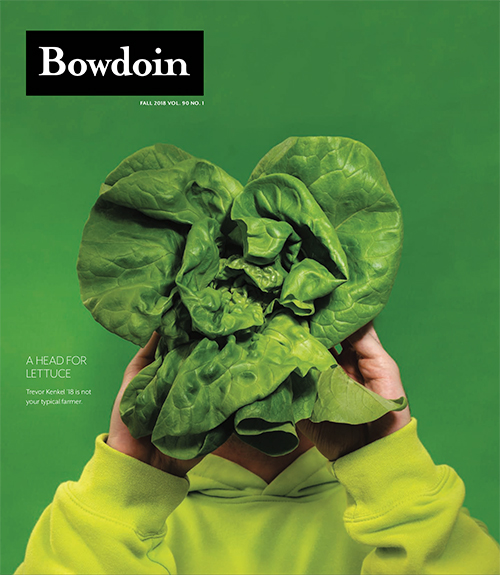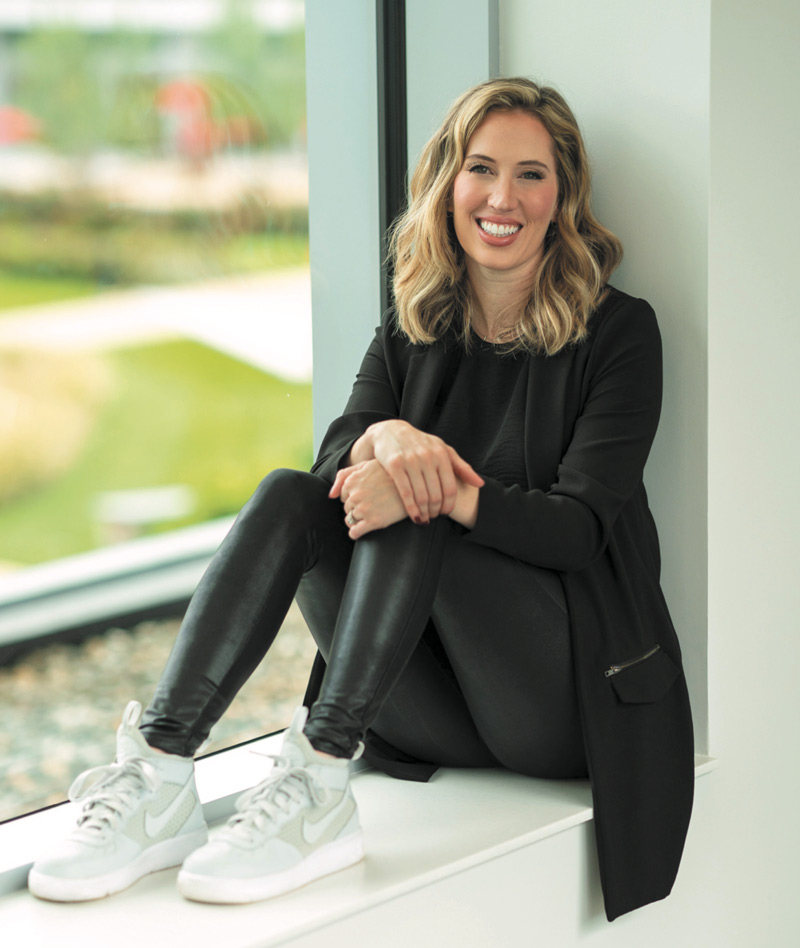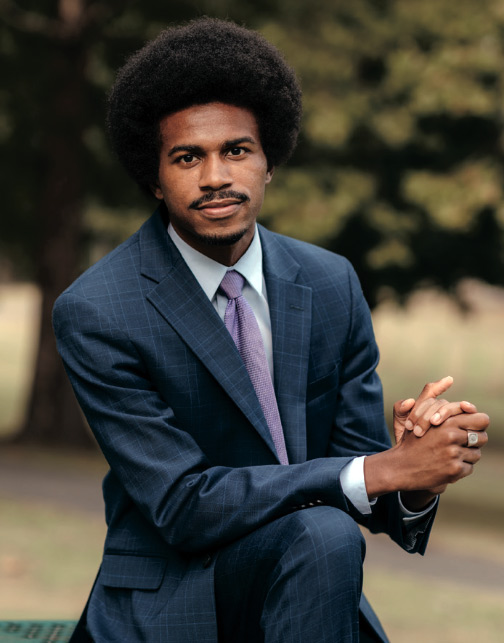Class of 1968 Reflections: Carroy Ferguson
By Bowdoin MagazineAs an African American, I was personally aware of and impacted by both of these societal issues prior to and while attending Bowdoin. So, I will reflect on both race and the war as they related to my personal life space and experience at Bowdoin.
I grew up in the segregated South. I had to sit on the back of the bus; I was not allowed to go in the front doors of movie theaters; I was not allowed to eat in most restaurants; I had to use water fountains and bathrooms labeled “colored.” I lived in a very nurturing all-black community, which was right next to an all-white community. I lived one block away from an all-white high school and had to be bussed all the way across town to attend an all-black high school. Whites and blacks did not enter each other’s community space. This state of affairs was at play in 1964 in my personal life, when Bowdoin recruited me.
At the time, I had never heard of Bowdoin. Slated to graduate first in my high school class, I had already received a scholarship to Morehouse College (a prestigious historically black college). But, the adults in my life made the decision, on my behalf, for me to attend Bowdoin. They saw it as an opportunity in the light of improving race relations. And so, I arrived at Bowdoin, feeling the weight of my race on my shoulders. Indeed, at the time, Bowdoin was an all-male, predominantly white college. It had excellent academic programs, but was organized socially around fraternity life. In fact, at that time, racially you could count the number of black male students on campus on less than two hands. So, I did not have very much of a social life while at Bowdoin. However, to cope, I somehow managed to find the only black family living near the Bowdoin campus; the father was in the armed service, and emotionally the family became my “family” away from home.
At Bowdoin, the Sigma Nu Fraternity asked me to pledge. The fraternity brothers were honest. While they wanted me to join, they also wanted to challenge a discriminatory clause that was in Sigma Nu’s national charter at that time. I told them I was there to get an education, but let’s go for it. The challenge was successful, and I was the first African American nationally to desegregate Sigma Nu. I viewed the success as my little contribution to the civil rights movement. Also formed and nurtured was the first Bowdoin Undergraduate Civil Rights Organization. I recall making little civil rights speeches at some venues in Maine, trying to make a difference, given the political and social unrest going on.
I was also drafted while at Bowdoin for the Vietnam War. I opposed the war and I did not want to kill anyone. Even though I had asthma, a condition I knew could exempt me from the draft, I also knew how the South treated black males.
So I had my draft process moved to Maine, thinking that I might get treated more fairly. As my mother was a nurse, she had provided the primary care for my asthma and could provide validation. But she died when I was a senior in high school, around the same time that Martin Luther King Jr. was assassinated. (He also opposed the war.) The doctors at Bowdoin’s clinic could not validate my condition. However, in my teens, I had had one emergency hospital visit for asthma, and I was able to find documentation. With this document, I was exempted from the draft.
I viewed my draft drama as one small step in resisting humanity’s inhumanity toward one another. That theme has guided much of my work in the world and the various roles I have played—e.g., trainer; supervisor and program manager; cofounder of two visionary organizations (Associates in Human Understanding and Interculture, Inc.); cofounder of Massachusetts’s first Commonwealth Diversity Fellows Program; therapist; researcher; author; tenured full professor; college administrator (dean); and first African American president of the national Association for Humanistic Psychology. During this period of political and social unrest, Bowdoin therefore played a major role in launching me on my journey to construct what I would eventually call the “path of the bridger.”
This reflection is part of a series written by members of the Class of 1968. Read more in For Conscience and Country

This story first appears in the Fall 2018 issue of Bowdoin Magazine.
Update your mailing and subscription information, and browse other features and profiles here.



